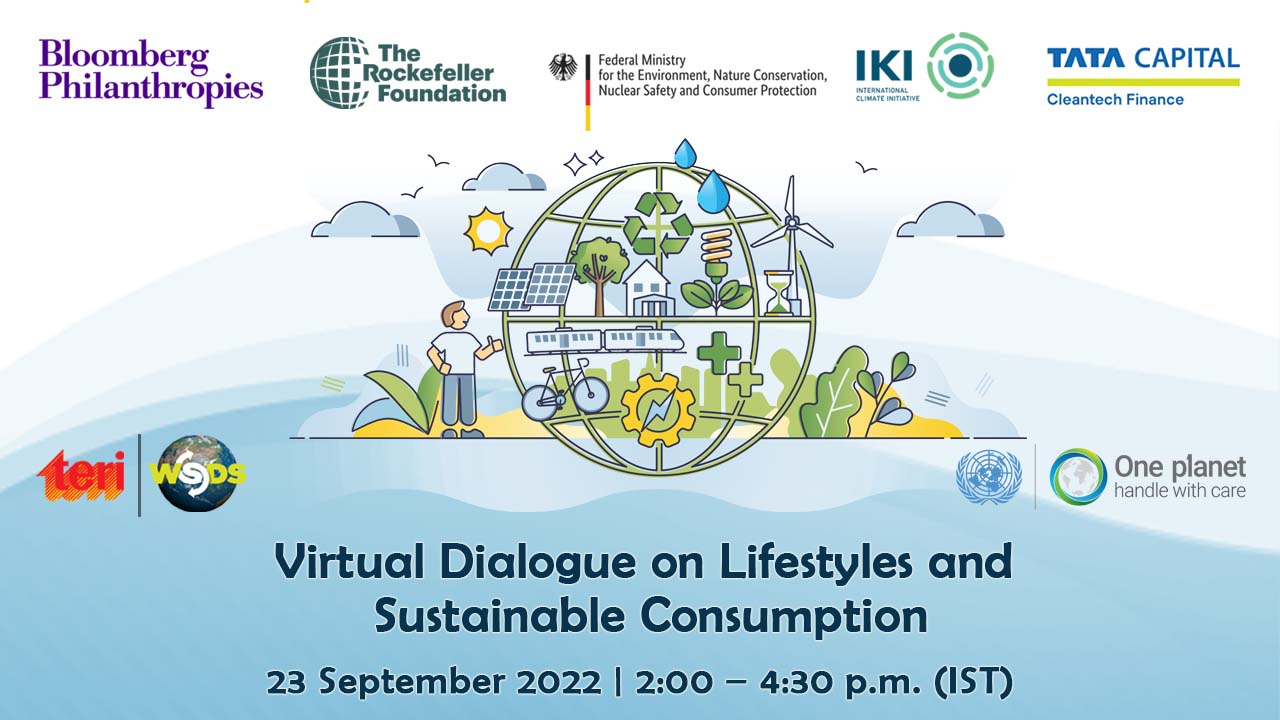
Sustainable consumption and lifestyles must be seen from the perspective of resource value chains that includes resource extraction, manufacturing, and processing, use by consumer and disposal phase. Broadly resource value chain consists of two ends of the spectrum: upstream and downstream. The upstream segment includes resource extraction, and the downstream segment includes end consumers and disposals. Cross-cutting aspects include design, transport, and policy and regulatory frameworks. Sustainable consumer lifestyles or sustainable lifestyles is a part of the downstream segment of the resource value chain.
The idea of ‘Lifestyle for the Environment – LIFE Movement’ was introduced by India's Prime Minister during the 26th United Nations Climate Change Conference of the Parties (COP26) in Glasgow last year. The idea promotes an environment-conscious lifestyle that focuses on ‘mindful and deliberate utilisation’ instead of ‘mindless and destructive consumption by advocating sustainable choices by “Pro-Planet People”. Key concepts around LIFE includes reduce, reuse, and recycle along with circular economy. The objective of the stakeholder consultations is to distil gaps and areas on strengthening downstream actions in the context of consumption and lifestyles and SDG 12.
Key guiding questions for the dialogue are as follows:
- What metrics can be used for measuring lifestyles and sustainable consumption? How can present indicator frameworks on SDG 12 be strengthened?
- What are the implications in terms of the role of governments and policy instruments for the sectors of transport, residential buildings, food and waste management?
- How can markets play a role in driving sustainable lifestyles specifically for the sectors of transport, residential, food and waste management?
- What are the implications for India’s leadership in making lifestyles and sustainable consumption a focus area for G20?
Speakers
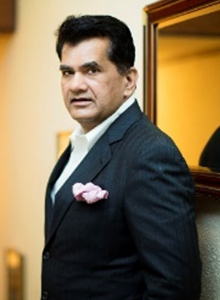
G20 Sherpa, G20 Secretariat, Ministry of External Affairs
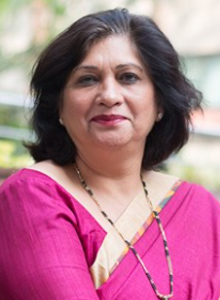
Director General, The Energy and Resources Institute
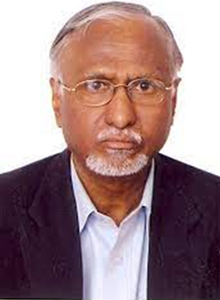
Distinguished Fellow, The Energy and Resources Institute

Senior Fellow, The Energy and Resources Institute
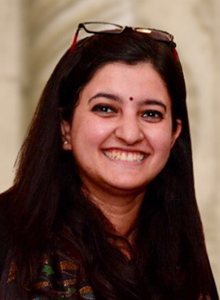
Senior Advisor at the Behavioural Insights Unit (BIU) of India, NITI Aayog
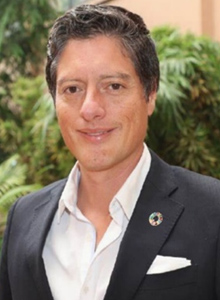
Director The One Planet Network (10YFP), United Nations Environment Programme
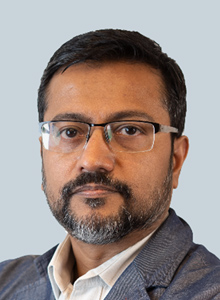
Director, Climate Policy & Climate Finance Programme, Shakti Sustainable Energy Foundation
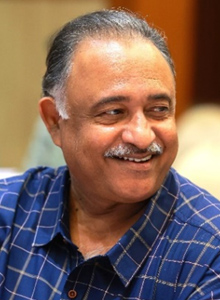
Director, CUTS international
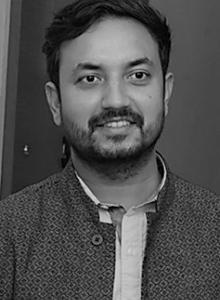
Deputy Director, Asian Development Research Institute, Patna
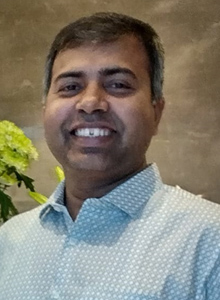
Associate Professor, Chairperson - School of Livelihoods and Development Tata Institute of Social Sciences (TISS), Hyderabad
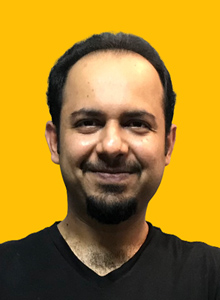
Programme Officer, Circular Economy and Resource Efficiency Development Alternatives
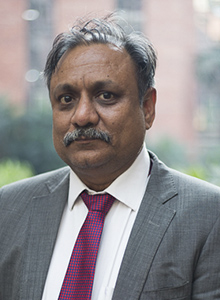
Director, Environment & Waste Management, The Energy and Resources Institute

Deputy Head of Division, European and International Affairs of Resource Efficiency, Raw Materials Policy, Federal Ministry for the Environment, Nature Conservation, Nuclear Safety and Consumer Protection (BMUV)

